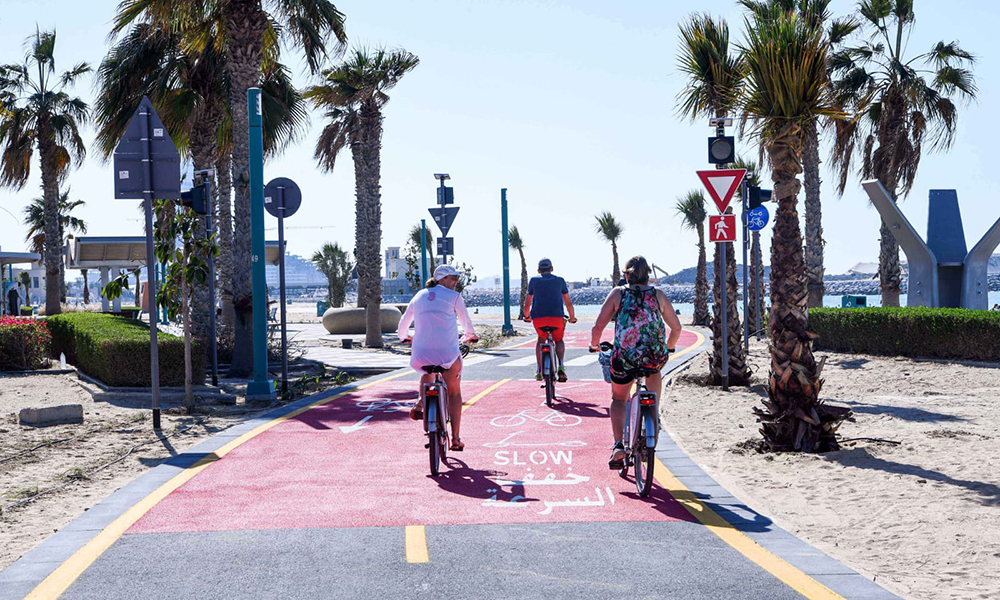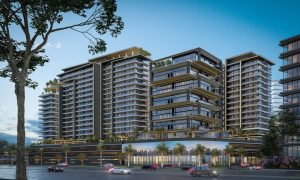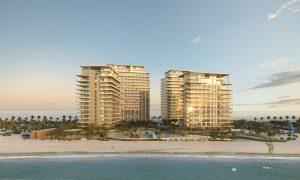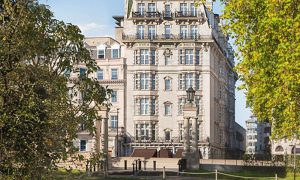RTA opens dedicated 16km cycling track
Current cycling network extended to 520km across Dubai

Dubai’s Roads and Transport Authority (RTA) has opened a dedicated cycling track extending 16 kilometres alongside Jumeriah Beach.
According to a WAM report, the track connects with the existing cycling track at Jumeirah Street near Dubai Water Canal, with the track at King Salman bin Abdul Aziz Al Saud Street near Dubai Internet City. It also connects with the current cycling network that extends 520km from Etihad Museum to Dubai Marina and passes through several Dubai localities up to Al Qudra area.
The RTA said that this project is part of the vision of His Highness Sheikh Mohammed bin Rashid Al Maktoum, Vice President, Prime Minister and Ruler of Dubai, to improve the wellbeing of the city, make people happier and migrate to sustainable transport means.
It added that the project echoes the instructions of His Highness Sheikh Hamdan bin Mohammed bin Rashid Al Maktoum, Crown Prince of Dubai, Chairman of the Executive Council, to transform Dubai into a bicycle-friendly city, which entails the provision of suitable options to encourage people to practice cycling.
Overall, the project contributes to realising Dubai Urban Plan 2040 to make Dubai the best city for living in the world, the report added.
“The cycling track at Jumeirah Beach is a quality addition to the projects portfolio undertaken by the Dubai Government to encourage sports and recreational activities, which will raise the standard of living in the emirate. It helps the accessibility between development projects and attractions, especially medium journeys as well as first and last-mile journeys,” said Mattar Al Tayer, Director-General, Chairman of the Board of Executive Directors of the Roads and Transport Authority.
“The new four-metre-wide cycling track stretches 16km alongside Jumeirah Beach in parallel to the existing jogging and walking tracks that extend from Dubai Water Canal up to Umm Suqeim Park. The second sector of the track runs alongside Jumeirah Street and King Salman bin Abdul Aziz Al Saud Street up to Dubai Internet City.
“The track serves several hotspots alongside Jumeirah Beach such as Sunset Mall, Open Beach, Dubai Sailing Club, Kite Beach, Umm Suqeim Park and Burj Al Arab. The public can use the track in practising cycling alongside the beach which has various service facilities.
“They can also benefit from the shared bike services available at Sunset Mall, Al Manara Mosque and Umm Suqeim Park. The speed limit set for this track is 20 km/h, and it is classified as part of the mobility, sports and entertainment tracks,” Al Tayer explained.
It is noteworthy that the dedicated cycling tracks constructed till now extend 520km. The RTA intends to push the total length of cycling tracks to 739km by 2026 to link vital areas in Dubai with various public transit means.
RTA has set a speed limit of 30 km/h at cycling tracks dedicated to amateurs, and 20 km/h dedicated or shared tracks with pedestrians within urban areas. However, no specific speed limits are set for cycling tracks for training purposes. The overall objective of introducing speed limits for cycling tracks is to ensure the safety of both pedestrians and cyclists.
“The cycling track at Jumeirah Beach is part of a master plan for constructing cycling tracks to link all key areas of the emirate. The Master Plan for Cycling Tracks 2026 aims to construct additional cycling tracks extending 276km, which will bring the total length of cycling tracks in the emirate to 739km. The plan aims to link the tracks at the coastal areas, such as Jumeirah, Al Sufouh and Al Marina with the external tracks at Al Qudra, and Saih Al Salam via Al Barsha, Dubai Hills and Nad Al Sheba,” he added.
“The design, construction and setting of speed limits for cycling tracks align with top international standards and technical manuals. It is also customised to the nature of the locality and the classification of the tracks. These tracks encourage residents and visitors to practice cycling such that it will develop into an alternative and sustainable mobility means that serves the first and last-mile strategy,” Al Tayer said in conclusion.
























